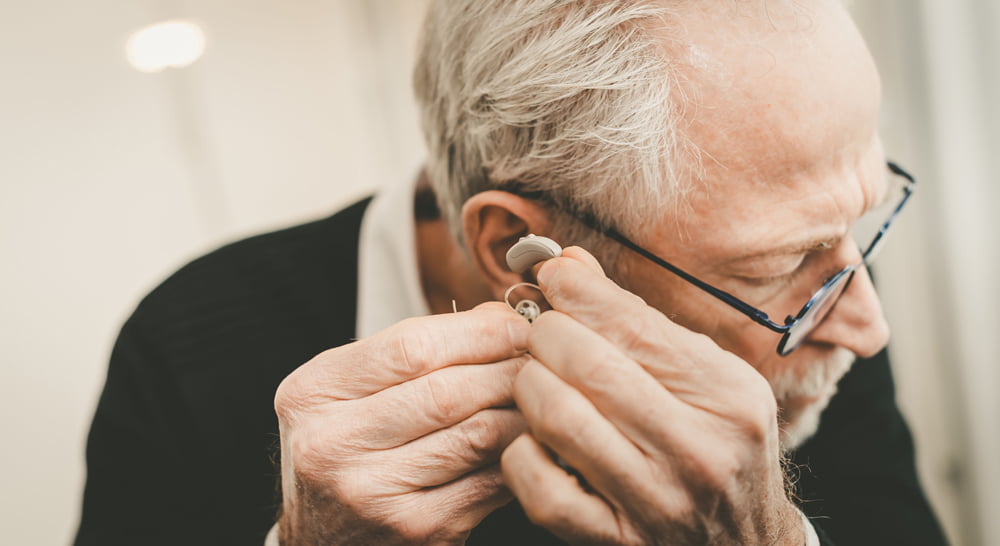Today we’re excited to share with you some fascinating new research about the connection between hearing aids and the risk of dementia. As you may already know, both hearing loss and dementia are highly prevalent conditions among older adults, and many studies have suggested a link between them. However, until recently, it was unclear whether using hearing aids could help reduce the risk of developing dementia in people with hearing loss. Now, a groundbreaking new study published in The Lancet Public Health journal sheds light on this important question, and the results are truly remarkable. So, without further ado, let’s dive into the details and explore what this study has to say about the link between hearing aids and dementia risk.
Hearing Loss and Risk of Dementia
Hearing loss and dementia are both prevalent conditions among older adults, and research has shown that they may be linked. Studies have found that individuals with hearing loss have a higher risk of developing dementia than those without hearing loss. The reasons for this link are not fully understood, but it is believed that hearing loss may lead to changes in the brain, such as reduced cognitive stimulation, that contribute to the development of dementia. Additionally, social isolation and loneliness, which are more common in people with hearing loss, have also been linked to an increased risk of dementia.

With an ageing population, the prevalence of both hearing loss and dementia is expected to rise. It is therefore crucial to identify ways to mitigate the risk of developing dementia in those with hearing loss. One promising avenue is the use of hearing aids, which have been shown to improve hearing and communication abilities and may help reduce the risk of developing dementia. In the following section, we will explore a recent study that examines the link between hearing aids and dementia risk.
Can Hearing Aids Help Cut the Risk of Dementia?
Hearing loss and dementia are two common conditions that older adults often experience. The recent study mentioned above which was published in The Lancet Public Health journal looked into the connection between these two conditions and found some interesting results.
The study used data from the UK Biobank, which is a big study that involves adults aged 40 to 69 years from different regions in England, Scotland, and Wales. The researchers wanted to see whether using hearing aids can lower the risk of developing dementia among middle-aged and older adults.
They found that people with hearing loss who do not use hearing aids have a higher risk of developing all types of dementia, including Alzheimer’s disease and vascular dementia, compared to those without hearing loss. However, for those who do use hearing aids, their risk of developing dementia is similar to those without hearing loss.
The study also showed that addressing hearing loss may have a significant impact on preventing dementia. In fact, the researchers estimated that up to 8% of dementia cases could be prevented if hearing loss was properly managed.
These discoveries highlight the importance of taking measures to address hearing loss, especially among older adults, to prevent dementia and improve cognitive well-being.

Act Now to Protect Your Cognitive Health
The link between hearing loss and dementia is becoming increasingly clear. With up to 29.6% of dementia cases attributed to hearing loss, it’s crucial to prioritise proper hearing loss management as a means of preventing cognitive decline. And with the recent study published in The Lancet Public Health journal suggesting that hearing aid use may reduce the risk of dementia in people with hearing loss, it’s more important than ever to take action.
Don’t wait until it’s too late – book a free hearing test with Hear4U today and take the first step towards better hearing health and cognitive function. Let’s work together to keep your brain healthy and your quality of life high.






